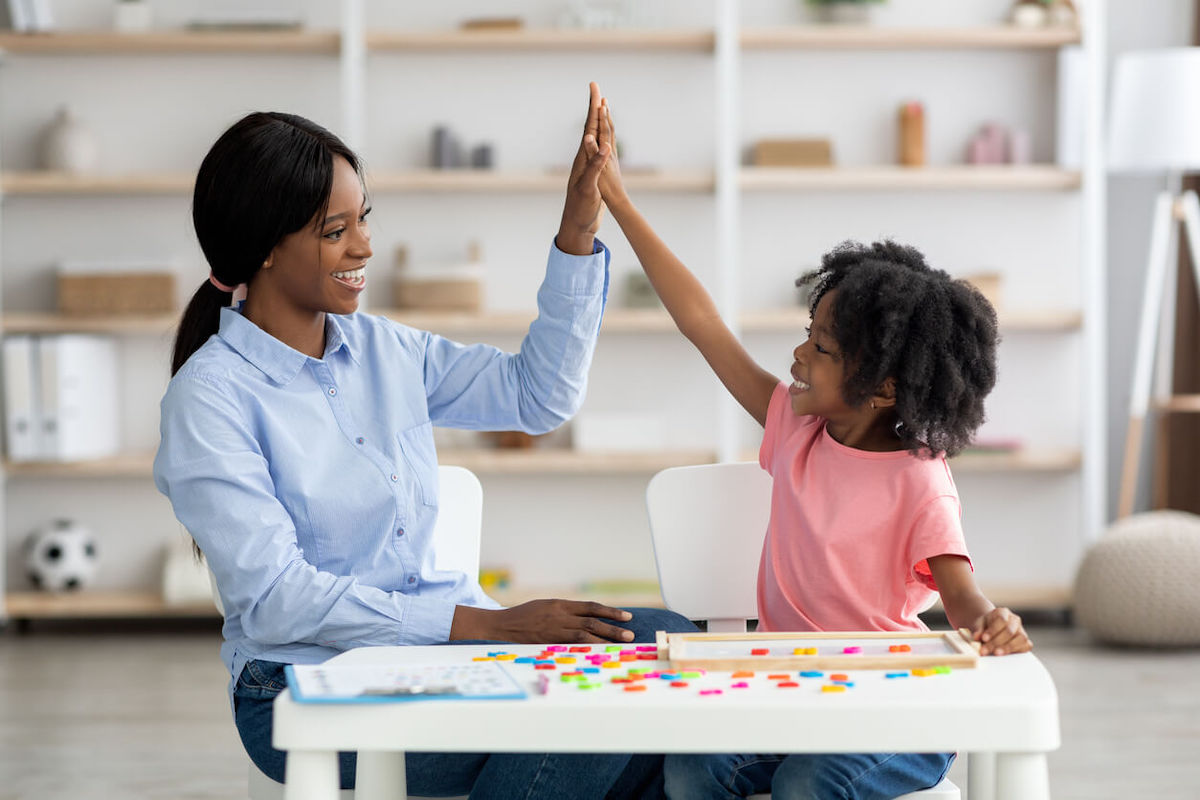
Child psychology is an intriguing field that offers valuable insights into the development and behavior of children. As parents and caregivers, understanding the complexities of a child’s mind can greatly contribute to their overall well-being and growth. While most people are aware of the basic role of a child psychologist, there are numerous surprising facts that many are unfamiliar with.
In this article, we will explore ten surprising facts about child psychologists that shed light on their work, challenges, and impact. From their diverse areas of expertise to their innovative approaches, child psychologists play a crucial role in shaping the emotional, cognitive, and social development of children. So, let’s delve into these lesser-known aspects of the world of child psychology and gain a deeper understanding of the professionals who help children thrive.
Key Takeaways:
- Child psychologists help kids with their feelings and behavior, and they use play therapy to make it fun and safe for kids to express themselves.
- Child psychologists work with parents and other professionals to support kids’ mental health and development, and they have advanced training to help kids thrive.
Child psychologists play a crucial role in early childhood development.
Child psychologists specialize in understanding the cognitive, emotional, and social development of children. They work closely with young children to assess, diagnose, and provide interventions to support their overall well-being.
Child psychologists often use play therapy as a therapeutic approach.
Play therapy is a technique extensively used by child psychologists to help children express their feelings, thoughts, and experiences through play. It allows children to explore their emotions in a safe and non-threatening environment.
Child psychologists work with children to address behavioral issues.
Child psychologists are skilled in identifying and addressing behavioral issues such as aggression, defiance, hyperactivity, and emotional outbursts. They use various techniques to help children develop healthier coping mechanisms and improve their social interactions.
Child psychologists provide guidance to parents and caregivers.
Child psychologists not only work directly with children but also provide guidance and support to parents and caregivers. They offer strategies and techniques to manage challenging behaviors, promote healthy parent-child relationships, and foster positive communication.
Child psychologists can specialize in various areas.
Child psychologists can specialize in areas such as autism spectrum disorders, anxiety and depression, trauma, learning disabilities, and more. This specialization allows them to provide targeted interventions and support to children with specific needs.
Child psychologists often collaborate with other professionals.
Child psychologists frequently collaborate with other professionals, including pediatricians, educators, speech therapists, and occupational therapists. This interdisciplinary approach ensures comprehensive support and coordinated care for children.
Child psychologists help children build resilience.
Child psychologists assist children in developing resilience, which is the ability to adapt and bounce back from adversity. They empower children to overcome challenges, build self-esteem, and develop positive coping strategies.
Child psychologists use evidence-based interventions.
Child psychologists rely on evidence-based interventions and treatment approaches that have been scientifically proven to be effective. They stay updated with the latest research and practices to ensure the best possible outcomes for their young clients.
Child psychologists are advocates for children’s mental health.
Child psychologists play a vital role in advocating for the mental health needs of children. They work to raise awareness, reduce stigma, and promote policies that prioritize children’s well-being and access to mental health services.
Child psychologists have advanced training and education.
Child psychologists undergo extensive training, including a doctoral degree in psychology and specialized coursework in child development. They also complete supervised clinical internships and obtain licensure to practice independently.
Conclusion
Child psychologists play a vital role in understanding and supporting the mental and emotional well-being of children. These professionals possess a deep understanding of child development, behavior, and various psychological disorders that may affect children. Through their expertise, child psychologists help children overcome challenges, improve social skills, manage emotions, and navigate through difficult situations.It is essential to recognize the significant impact child psychologists have on children’s lives. Their dedication and commitment to children’s mental health allow them to provide guidance, therapy, and support to children and their families. By working closely with parents, teachers, and other professionals, child psychologists can create tailored interventions and strategies to meet each child’s unique needs.Overall, child psychologists play a crucial role in shaping the future of children by promoting healthy development, addressing mental health concerns, and helping children reach their full potential.
FAQs
1. What is the role of a child psychologist?
A child psychologist is a professional who specializes in understanding and addressing the mental and emotional needs of children. They work with children to assess and diagnose psychological disorders, develop personalized treatment plans, and provide therapy and support to help children overcome challenges.
2. How can a child psychologist help my child?
A child psychologist can help your child by providing therapy and support to address various concerns such as anxiety, depression, behavioral issues, learning disabilities, and social difficulties. They can also assist in building coping skills, improving communication, regulating emotions, and developing healthy self-esteem.
3. When should I consider consulting a child psychologist?
You should consider consulting a child psychologist if your child is experiencing persistent emotional or behavioral problems, significant changes in mood or behavior, academic difficulties, or difficulties in social interactions. Consulting a child psychologist can help identify and address underlying issues and provide appropriate interventions.
4. How long does child therapy usually last?
The duration of child therapy varies depending on the specific needs and goals of each child. It can range from a few months to several years. The frequency and length of sessions are determined by the complexity of the concerns and the progress made during therapy.
5. How can I find a qualified child psychologist?
You can find a qualified child psychologist by conducting research online, seeking recommendations from your child’s pediatrician or school, or contacting local mental health organizations. It is important to verify their credentials, experience, and expertise in working with children before seeking their services.
6. Will my child’s sessions with a psychologist be confidential?
Yes, sessions with a child psychologist are typically confidential. However, there are exceptions to confidentiality if there is a risk of harm to the child or others. The psychologist will explain the limits of confidentiality during the initial sessions.
7. How can I support my child during therapy?
You can support your child during therapy by creating a safe and supportive environment at home, encouraging open communication, reinforcing therapy goals and strategies, and participating in any recommended parent or family sessions. It is essential to be patient, understanding, and actively involved in your child’s therapy process.
8. Can child psychologists work in schools?
Yes, child psychologists can work in schools. They may collaborate with teachers, school counselors, and administrators to address students’ psychological needs, develop intervention plans, and promote mental health and well-being in the school setting.
9. Are child psychologists only for children with diagnosed mental disorders?
No, child psychologists are not only for children with diagnosed mental disorders. They can also provide support and guidance to children facing common challenges such as stress, self-esteem issues, adjustment difficulties, and social skill deficits.
10. Can I involve my child’s psychologist in their Individualized Education Program (IEP) meetings at school?
Yes, with appropriate consent, you can involve your child’s psychologist in their IEP meetings. Their input and expertise can contribute to developing effective educational plans that cater to your child’s specific psychological and behavioral needs.
Exploring child psychology is just the beginning! Dive deeper into child development with fascinating facts about Brightwheel. Uncover enigmatic truths surrounding developmental disorders and expand your knowledge. For those interested in making a difference, captivating insights about behavioral therapists await.
Was this page helpful?
Our commitment to delivering trustworthy and engaging content is at the heart of what we do. Each fact on our site is contributed by real users like you, bringing a wealth of diverse insights and information. To ensure the highest standards of accuracy and reliability, our dedicated editors meticulously review each submission. This process guarantees that the facts we share are not only fascinating but also credible. Trust in our commitment to quality and authenticity as you explore and learn with us.


